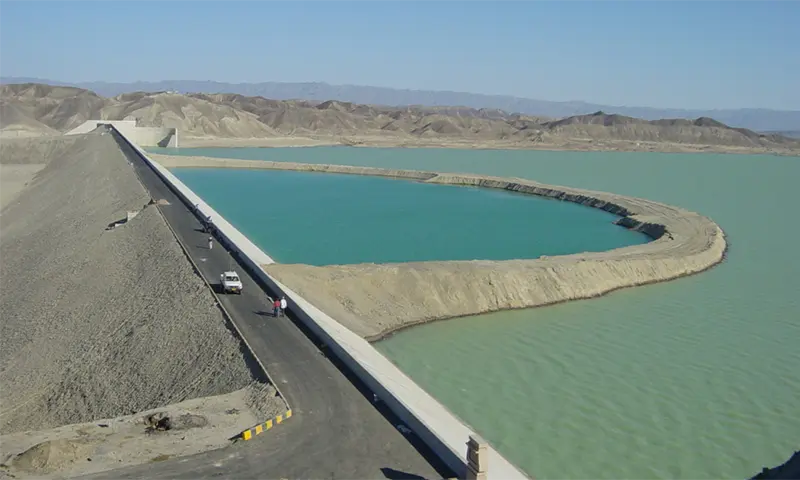At this time there’re over one One hundred and fifty small and large dams and reservoirs in Pakistan. The majority of the dams and also reservoirs had built during 1960 and 1975. Based on the International Commission on Large Dams (ICOLD), total dams and also reservoirs in Pakistan over the height of 15 meter are 150. Here is the list of top 5 biggest dams in Pakistan.
1. Tarbela Dam:
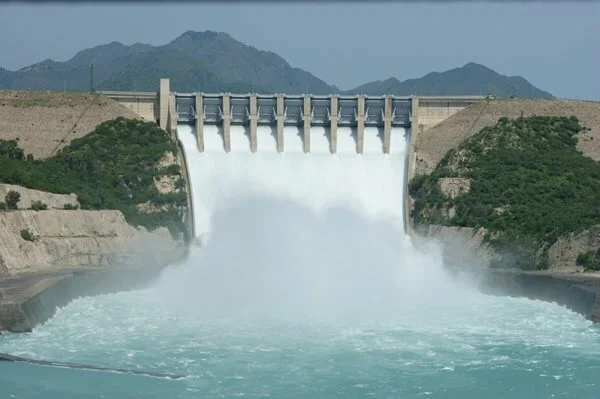
1st biggest dam in the list is Tarbela Dam that’s situated on the Indus River and is also the largest earth filled dam in the world and is the 2nd largest by the structural volume. The dam is 148 meter high above riverbed. Development started in 1968 and completed in 1976 at cost of $1,497 million. Total capacity of the dam is 13.69 cubic kms spread over the construction area of 168,000 km2 .
2. Mangla Dam:
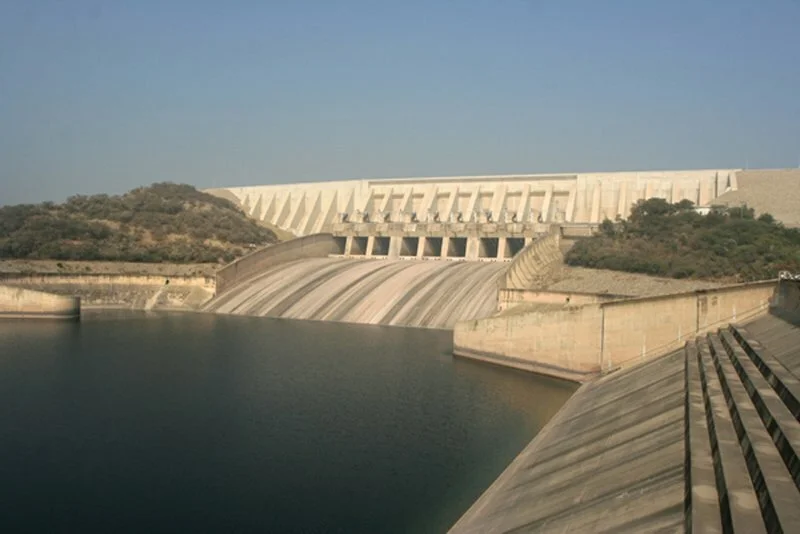
Next biggest dam in Pakistan is Mangla Dam that’s built in the Jhelum River in the Mirpur District of Azad Kashmir, Pakistan. It’s also the Ninth largest dam in the world. The development was started in 1961 and completed in 1967. It was constructed at the cost of $1.473 billion and also funded by the World Bank and Asian Development Bank.
3. Mirani Dam:
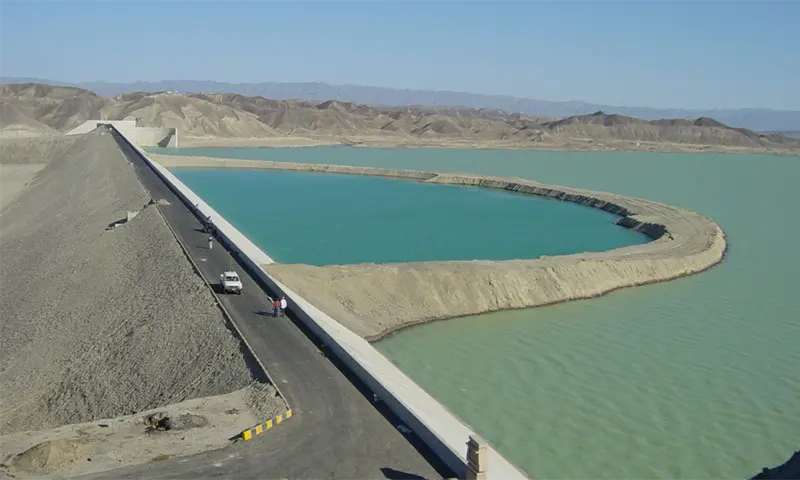
Mirani Dam is yet another major dam in Pakistan. It is a medium-sized multi-purpose dam that’s situated on the Dasht River in Balochistan. In terms of volume for flood protection it’s the largest dam in the world having floodstock of 588,690 cubic hectometer. Its development was began on July 8, 2002 and completed on October 2006.
4. Warsak Dam:
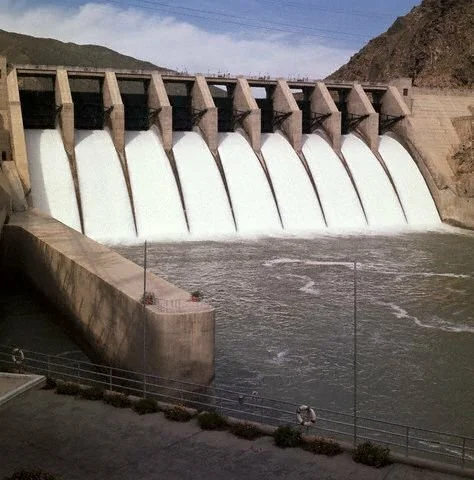
Warsak Dam is a mass concrete gravity dam and located on the Kabul River north west of the Peshawar city in Khyber Pakhtunkhwa. It was completed in 2 phases. 1st phase was completed in 1960 and the 2nd phase was finished in 1980-81. Total capacity of the Warsak Dam Hydropower Project us 243 MW.
5. Sabakzai Dam:
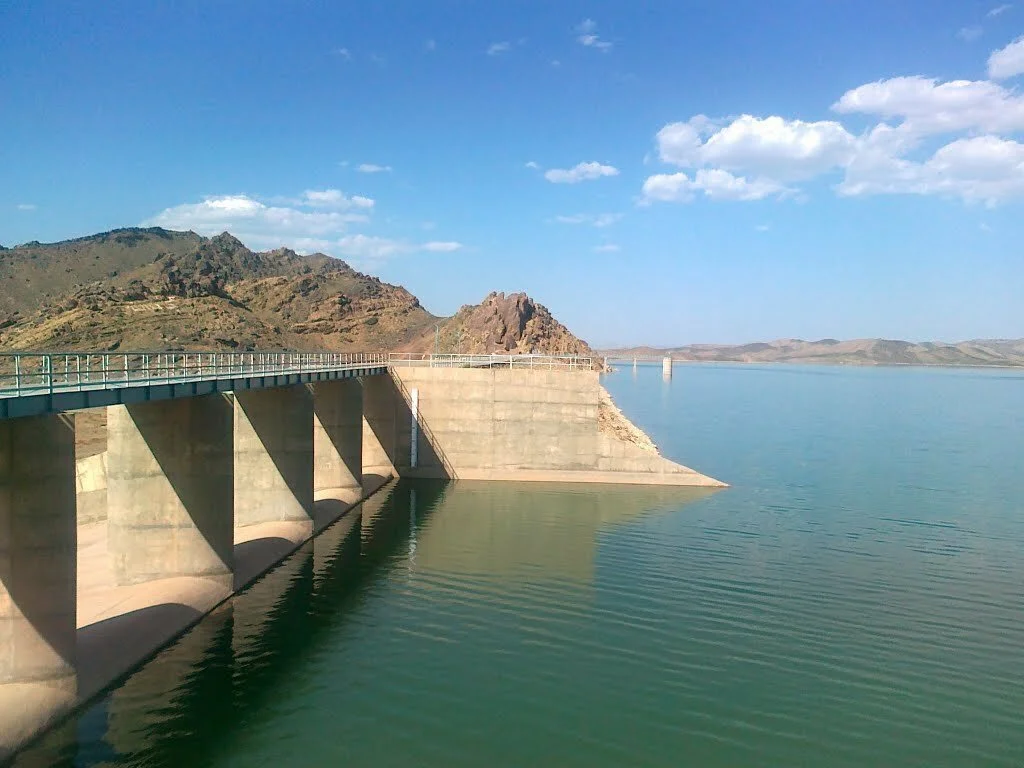
Sabakzai Dam is an embankment dam at Zohb River in Balochistan. The building of the dam started in 2004 and the irrigation works for the dam are still being built. Based on ICOLD, Sabakzai Dam is the Seventh largest in the world with a floodstock of 23,638 cubic hectometer.

